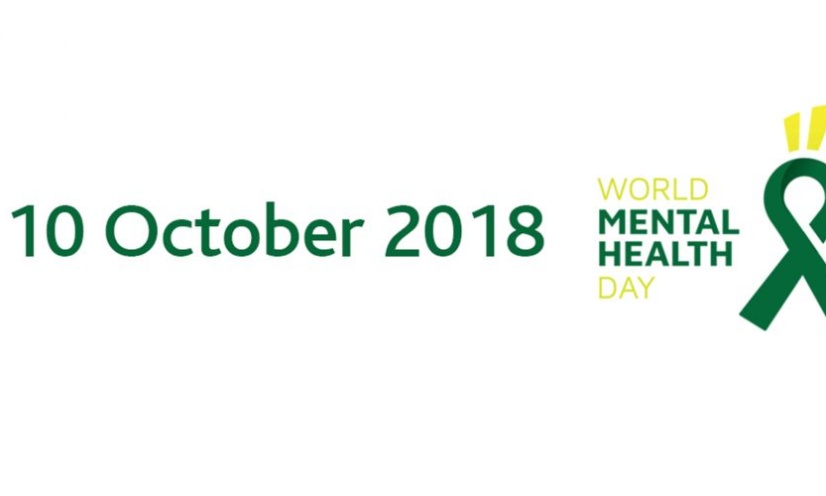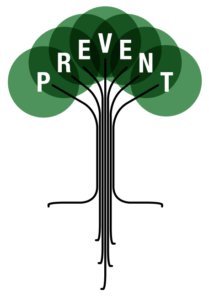Mental Health Awareness Day

Wednesday October 10th
So how many hours did YOU sleep last night? And by comparison, how many hours does your body need you to sleep each night? Are you in debt today with a sleep deficit?
Whilst we criticise the young people for poor sleeping habits, we kid ourselves that we are sleeping enough. “Managing” on less sleep may even be a cause for pride in our society. We say that job plus family requires us to cope on less sleep. Recent published statistics suggest that most working adults in British Society live with a permanent sleep deficit.
We have long known that a sleep deficit of one hour per night for a week creates an effect on the brain very similar to having a large glass of a good red wine – a measurable deterioration of memory, coordination and cognitive function, whilst creating the impression that we are unaffected. An extended deficit over weeks affects our immune system detrimentally, and over months or years, may cause irreparable brain changes.
If you would like to find out how much sleep YOUR body needs, then over half term carry out this experiment: go to bed at the same time each night (not too late) and do not set an alarm. Sleep in a dark room where you will not be wakened by the sunrise. (You might need a partner’s help to protect you from small children!!). It takes around 2 weeks for most peoples’ bodies to settle down from relatively minor sleep deprivation. So by the end of half term, note for how long you are naturally sleeping. If you settle into a pattern of about the same number of hours each night, waking naturally, then that is probably about the amount of sleep your body would like each night – it is likely to be between 7½ and 8½ hours per night. Then all you have to do is to work out what changes you can make to your daily routine to ensure that you get the required hours each night in term time! I know that is easier to say than to do. But you may find it easier if you remind yourself that the risk of diabetes, cancer, Alzheimer’s and early mortality are all raised by consistent sleep deprivation, not to mention the risk of anxiousness, stress and low mood. On the other hand, sufficient sleep helps us make better decisions, perform better and feel happier.
Today is Mental Health Awareness Day. One of the best ways of celebrating it would be to get a good night’s sleep – and not as a one off, but as the start of a new habit.
If you would like to read more about the benefits of good sleep, and the rather scary consequences of sleep deficit, or just understand sleep and dreams better, then you could try one of the following:
Why we sleep: The New Science of Sleep & Dreams – Matthew Walker (2017) [ISBN: 978-0141983769]
Walker's Centre for Human Sleep Science at Berkeley
Night School, wake up to the power of sleep – Richard Wiseman (2014) [ISBN: 978-1447264835]
wiseman's site: how to improve your sleep
Counting Sheep: The Science and Pleasures of Sleep & Dreams - Paul Martin (2010) [ISBN: 978-0006551720]
a science journalist with an easy style, and very extensive referencing
For a quick read: Why our brains need sleep and what happens if we don't get enough - Neuroscience News, 5th Nov 2017.
From the WellBeing Team – Martin & Meg














